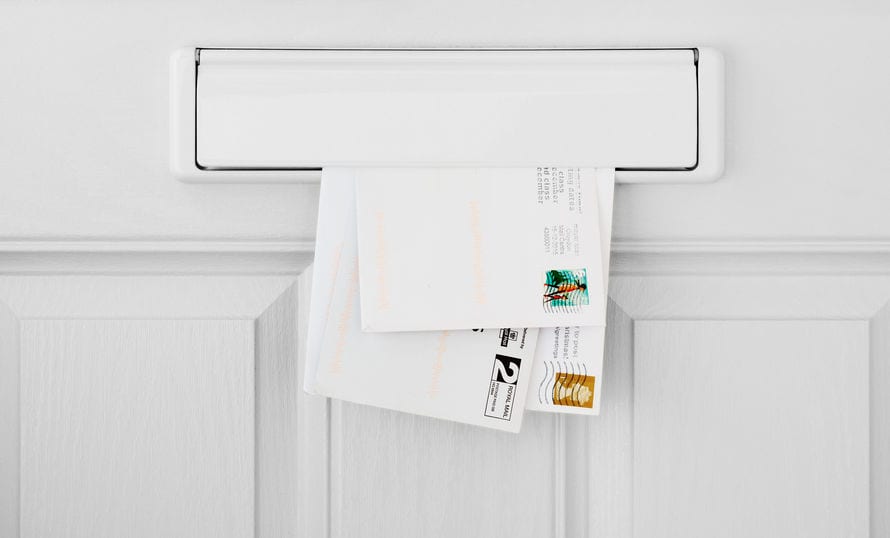What Is IRS Notice CP166?
When the IRS cannot process a Direct Debit Installment Agreement (DDIA) payment because the taxpayer’s bank account contains insufficient funds, they will mail a CP166 notice to that taxpayer.
The top of notice CP166 states the following: “In keeping with terms of your installment agreement, we attempted to withdraw your monthly payment from your authorized bank account”.
Is There a Late Penalty If My Monthly IRS Direct Debit Payment is Late?
The IRS will make a second attempt to withdraw a direct debit installment payment from a taxpayer’s bank account before mailing another notice about insufficient funds. CP166 further states that if insufficient funds exist at the time of the second attempt, a default may be declared on your installment agreement.
In addition, the interest on the back taxes amount owed to the IRS will increase and there could be extra penalties applied due to nonpayment.
Can I Make My Monthly IRS Installment Payment Another Way If I Don’t Have Funds in My Bank Account?
For a Direct Debit Installment Agreement, the IRS will want to withdraw your monthly payment from your bank account. You can always use a different account if needed.
Generally, the IRS accepts credit card payments, cash payments, and direct payments from bank accounts for taxes. Contact the IRS if you can no longer do direct debit and need to make other payment arrangements. Note that if direct debit was required for the IRS to accept your installment agreement, you may need to discuss alternative tax relief plans with them.
Can I Change the Date the IRS Withdraws My Monthly Payment?
Yes, the IRS provides an Online Payment Agreement portal that lets you change the payment date, type of installment plan, and the amount of the payment online. The IRS usually accepts changes to payment plans as long as the revised monthly payment amount meets the required minimum payment amount.
For example, if you were making payments of $800 on the 15th of every month, and changed the amount to $100, the IRS will likely refuse your change request due to the much lower monthly amount.
If you can’t make the minimum IRS installment payment amount, they will direct you to complete Form 433-A (Collection Information Statement) or Form 433-B (Collection Information Statement for Businesses). These forms provide the IRS with information relevant to your finances and your inability to make the minimum installment payment.
Will the IRS Cancel My Direct Debt Installment Agreement for Insufficient Funds?
The IRS may cancel a Direct Debt Installment Agreement for insufficient funds if you fail to remit payment after receiving CP166 and any additional notices sent regarding insufficient bank account funds. If this happens, you may owe the total tax debt amount immediately and be disqualified from entering into another installment agreement.
Neglecting to contact the IRS about financial problems that are preventing you from paying your tax debt could result in the IRS issuing a lien on assets you own (other than your primary residence).
In most cases, the IRS will give a taxpayer six months or more to resolve tax debt payment problems. However, waiting for the IRS to contact you means your tax debt is continuously accruing interest and penalties, and you’re at more risk for federal tax liens, wage garnishment, and bank account levies.
What Do I Do If I Can’t Afford My IRS DDIA Monthly Payment Anymore?
One way to lower monthly IRS payments is to submit an Offer in Compromise for the IRS to reduce the total back taxes amount you owe.
You can also request the IRS suspend collection activities due to extreme financial hardship. If you qualify, the IRS will deem your account “currently not collectible.” However, if your financial status improves, the IRS will expect you to contact them and resume payments. CNC is temporary and doesn’t change how much you owe or stop interest from accruing.
As mentioned earlier, you can also submit a new Form 433 for the IRS to consider lowering your monthly payment amount. Note that this doesn’t change the total amount you owe but makes your monthly payment more affordable when your finances change.
Need more help? You can schedule a free call by going to: https://www.wiztax.com/schedule or start online by answering 6 simple questions. We never charge for ‘investigations’ or consultations.
6 Simple Questions. Free Evaluation.
Join our Newsletter
Enter your email address to join our free newsletter. Get all the latest news and updates.

